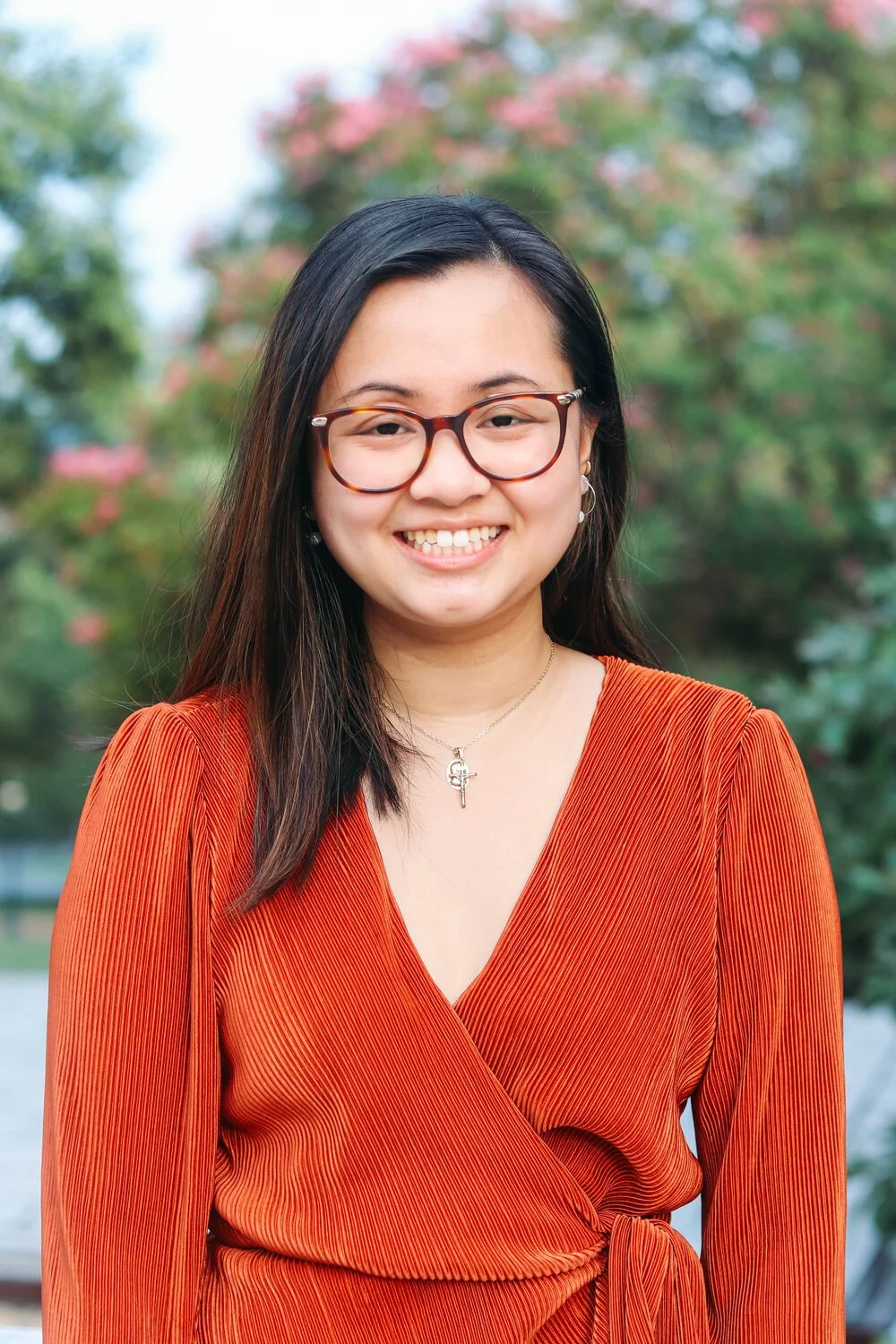Caitlin N.
Photography by Jessica Pentel
If you’re reading this, you’re not a burden.
Growing up, mental health was a taboo topic in my household. When I felt sad, I was told to “suck it up and get over it”. Throughout my life, I took those words to heart by bottling up my emotions. Once in a while, I’d reach my breaking point and cry it all out. To me, this meant my bottle was emptied and ready again for more.
I repeated that cycle until I couldn’t anymore. During the second semester of my first year, I struggled with my grandmother developing Alzheimer’s and finding out that my estranged father was very ill. I felt so helpless, hopeless, and useless. I felt guilty for not being able to fix everyone and everything. I felt like a bad daughter, a bad granddaughter, a bad person. I feared death. The idea of losing them terrified me.
It constantly consumed my thoughts and eventually consumed me. I had no energy to get out of bed. I cried on the floor for hours every day. I barely ate. I couldn’t concentrate in class. I didn’t care about anything anymore. I felt so low, but I pushed myself to go about my days, masking my pain around my friends and peers. No one seemed to notice, but I did. I hated who I saw in the mirror every morning when I brushed my teeth. I hated the state I was in. I wanted a way out of my head, but I didn’t know how to escape it.
Finally, one day, alone and terrified, I mustered up the courage to call CAPS. By the end of my first session, I was diagnosed with depression. I did weekly sessions in-person and later on the phone due to the pandemic. By the end of my eighth session, I felt better. I started to feel like myself again.
I realized through this process that there’s no right or wrong way to feel and that my feelings are valid. I learned that I’ll always carry the difficult experiences with me, but they do not define me. I’ve done a lot of healing so far, but I’m still healing. The reality is that my grandmother and father will not get better, but I’m learning to accept it and cope with everything.
It’s not always easy. There are days where I feel awful, cry, and ruminate on the people and situations that hurt me, and long for better outcomes. When I slip into these days, I become frustrated with myself because it is as if all the progress I’ve made has become undone.
I’m here to tell you that it’s not true. It’s not a relapse. I remind myself and others that it’s normal to have off days while healing. Let yourself feel. Healing isn’t a linear process.
I also recognized the beauty and power of listening. I have friends who turn to me when they need someone, and I never hesitate to listen. It’s a dreadful feeling to not have someone to talk to. I don’t want anyone to ever feel alone, so I became a volunteer crisis counselor for the Crisis Text Line. It’s one of the most rewarding things I’ve ever been involved in. We should listen to one another more often, not with judgement but with care.
Through my experience, I realized how important it is to reach out. I’m not one to ask for help because I don’t want to burden others. However, reaching out for help was the biggest thing I’d ever done for myself. When I have rough days, I’m no longer afraid to reach out to a trusted friend to talk. I grew to understand that I’m not a burden. No one is a burden.
Reaching out is an important step in taking care of your mental health. If you haven’t made that leap yet, I have faith you can do it. And when you do, celebrate that milestone because it’s no easy feat to open up to others.
If you’re reading this, there’s light at the end of the tunnel. Healing takes time. Trust the process, and you will heal. You have so much strength inside you to keep going, even when it feels unbearable. You’ll find a way. I’m rooting for you.
If you’re ever in a crisis, text HOME to 741741 to connect with a crisis counselor for free, 24/7.
Caitlin N., University of Virginia ’23
Connect With Us
To follow IfYoureReadingThis at UVA on Instagram, get in touch with our chapter, and learn about more resources available to University of Virginia students, visit our chapter’s homepage.
AUTHOR CONTACT
This author has opted to allow readers who resonate with their story to contact them. If you would like to speak to the author of this letter about their experience, please use the form below.

